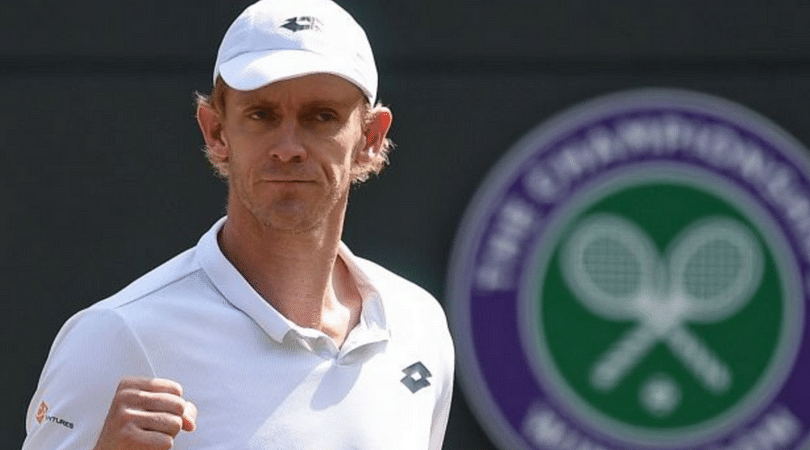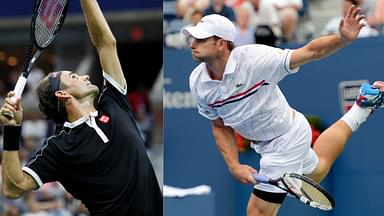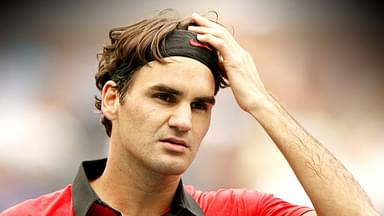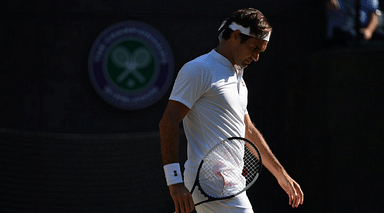The South African, Kevin Anderson defeated John Isner 7-6 (8-6) 6-7 (5-7) 6-7 (9-11) 6-4 26-24 at Wimbledon in the third longest singles match in history. It was a monumental encounter between the two players that lasted for an astonishing six hours and 36 minutes on centre court. Just the final set lasted for 2 hours and 50 minutes.
Anderson and Isner have the reputation of being one of the most powerful servers of the game and during the entire match, both the players found it really difficult to break their opponent’s service game.
As there is no tie-breaker in the final set, the match went on and on with each player holding his serve with relative ease. It was in the 49th game that Kevin Anderson was able to break the service of John Isner, and then held his nerve while serving for the set to book his spot in the finals on Sunday.
Anderson, who was the runner-up in last year’s US Open, became the first South African male to reach the Wimbledon final since his country man, Brian Norton way back in 1921.
When the scoreline read 24-24 in the fifth set, Kevin Anderson had already won the first point of Isner’s service game. During the second point, Anderson lost his balance and fell flat the ground.
But instead of giving up on the point, Anderson, who is a right-handed player got back up, picked up his racket, switched hands and hit a well-directed lefty forehand return, much to the crowd’s surprise. After a short rally, it was Isner who hit the ball wide, making the score 0-30 with the South African just two points away from breaking Isner’s service game.
The lefty shot proved out to be vital as Anderson went on to break Isner and then serve out the match.
Check out the video:
I get knocked down, but I get up again. You're never gonna keep me down…#Wimbledon @KAndersonATP pic.twitter.com/1cY6i2WoUp
— Wimbledon (@Wimbledon) July 13, 2018
“That definitely brings a smile to my face,” said Anderson when he was asked about his left handed shot in the important game.
“I’ve hit a lot of left-handed balls throughout my life. I had surgery when I was quite young, and my dad, who coached me throughout my career, said, ‘learn to play left-handed.’ I didn’t know that was going to come into play at this point in my career, at this stage, but that was obviously a vital point for me in the end,” he added.







